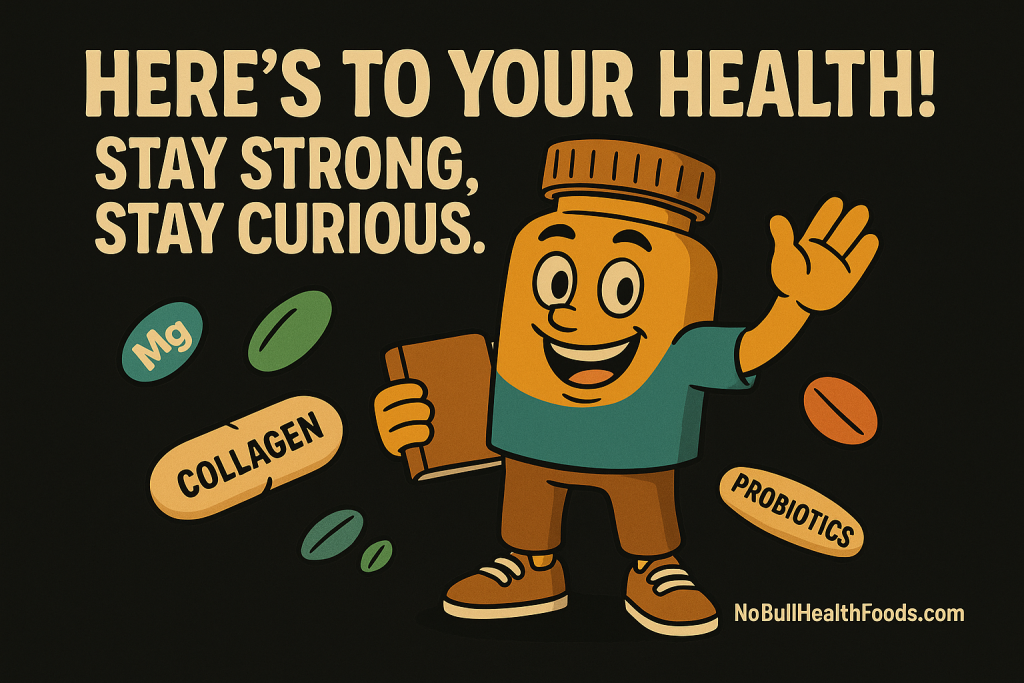Omega 3 Benefits
We hear about omega 3, 6, and 9 all the time — but what are they really, and do we actually need all three? Are supplements like omega 3-6-9 capsules actually worth it? What are the real omega 3 benefits that make it so important — and how can you get the most from those omega 3 benefits? And how do you know you’re buying a high-quality, organic product that’s truly beneficial?
Many people are aware of omega 3, but few realise how wide-ranging omega 3 benefits truly are—especially for those over 60.
Let’s break it down, backed by science.
🌿 What Are Omega Fatty Acids?
Omega fatty acids are types of unsaturated fats that your body needs to function properly. There are three main types:
Omega 3 (essential) — found in fatty fish, flaxseeds, walnuts, and algae oils
Omega 6 (essential) — found in vegetable oils, nuts, and seeds
Omega 9 (non-essential) — found in olive oil, avocados, and nuts
Omega 3 and 6 are called essential fatty acids because your body can’t make them — you have to get them from food or supplements.
⚡ Why Omega 3 Is So Important (and Underrated)
Most people in the UK eat too much omega 6 (thanks to processed foods), and not enough omega 3 — which is linked to inflammation, poor heart health, and even mood issues.
According to the NHS, omega 3 is especially important for:
- Brain development
- Cognitive function
- Heart health
- Eye health
- Reducing inflammation
👉 NHS Guide to Omega 3
🔎 Science-Backed Omega 3 Benefits
Supports Brain and Mental Health
Studies show omega 3s, particularly DHA, are crucial for brain development and may reduce risk of depression and anxiety.
Protects Heart Health
Omega 3s help lower blood pressure, reduce triglycerides, and improve cholesterol levels — all good news for your heart.
Reduces Inflammation
Chronic inflammation is at the root of many diseases. Omega 3 has natural anti-inflammatory effects that support joint, gut, and immune health.
Improves Eye Health
DHA, a type of omega 3, is a major component of the retina. Low levels have been linked to vision problems.
Supports Pregnancy and Infant Development
Omega 3 is vital for a baby’s brain and eye development during pregnancy and breastfeeding.
📢 Omega 3-6-9 Supplements: Worth It?
Not always. Most people already get plenty of omega 6 and 9 from their diets. It’s omega 3 that you’re likely to be deficient in. Focus on omega 3 supplements unless you’re specifically told otherwise.
🚫 Common Omega 3 Supplement Mistakes
Many people buy omega 3 supplements without checking the EPA and DHA content. Always read the label — some products contain very low amounts and are mixed with unnecessary omega 6. You also want to look for third-party tested oils that are free from heavy metals and oxidisation.
🧠 How to Choose the Right Omega 3 Supplement
Not all omega 3 supplements are created equal. The most important thing to check is the amount of EPA and DHA per capsule. Some brands promote “1,000 mg of fish oil,” but only include 300 mg of actual omega 3s.
If you’re over 60 or managing health conditions like high blood pressure, joint pain, or brain fog, aim for a daily dose of 500–1,000 mg combined EPA and DHA. Some people need more under medical guidance.
Also, check the form: re-esterified triglyceride (rTG) and phospholipid forms (like krill oil) tend to be more absorbable than ethyl esters.
🧪 Look for these on the label:
- Omega 3 (EPA + DHA) content clearly listed
- No unnecessary omega 6
- Sourced from sustainable fish or algae
- Third-party tested for purity (IFOS or similar)
🐟 Omega 3 for Vegans and Vegetarians
If you don’t eat fish, algae oil is the best plant-based omega 3 source. It naturally contains DHA and some EPA — unlike flaxseed or chia, which only provide ALA.
Plant-based ALA can be helpful, but your body only converts a small amount to the useful forms (EPA/DHA). That’s why vegans and vegetarians often have lower omega 3 levels and may benefit from a high-quality algae supplement.
🧵 How to Get More Omega 3 (Without Fishy Capsules)
Not a fan of supplements? You can increase your omega 3 intake with:
- 2 portions of oily fish a week (salmon, sardines, mackerel)
- Flaxseeds, chia seeds, and walnuts
- Fortified eggs or dairy
- Algae-based products (great vegan source)
Prioritising omega 3 benefits now can help prevent chronic issues later — and those omega 3 benefits only increase with age.
📈 Final Word: Omega 3 Is Non-Negotiable
If you want better focus, joint comfort, heart health, and long-term vitality, omega 3 should be a daily habit. Skip the 3-6-9 marketing hype, and go straight for what your body actually needs.
You only get one brain and one heart — omega 3 helps keep both running strong.
👉 Read more about Vitamin D and immunity
👉 Discover Magnesium’s role in muscle health
👉 Find out the best multivitamins for over 60s

👉 Like this article? Share it on Facebook 💬
➡️ Join our private Facebook group here! [Join Now]

Leave a Reply